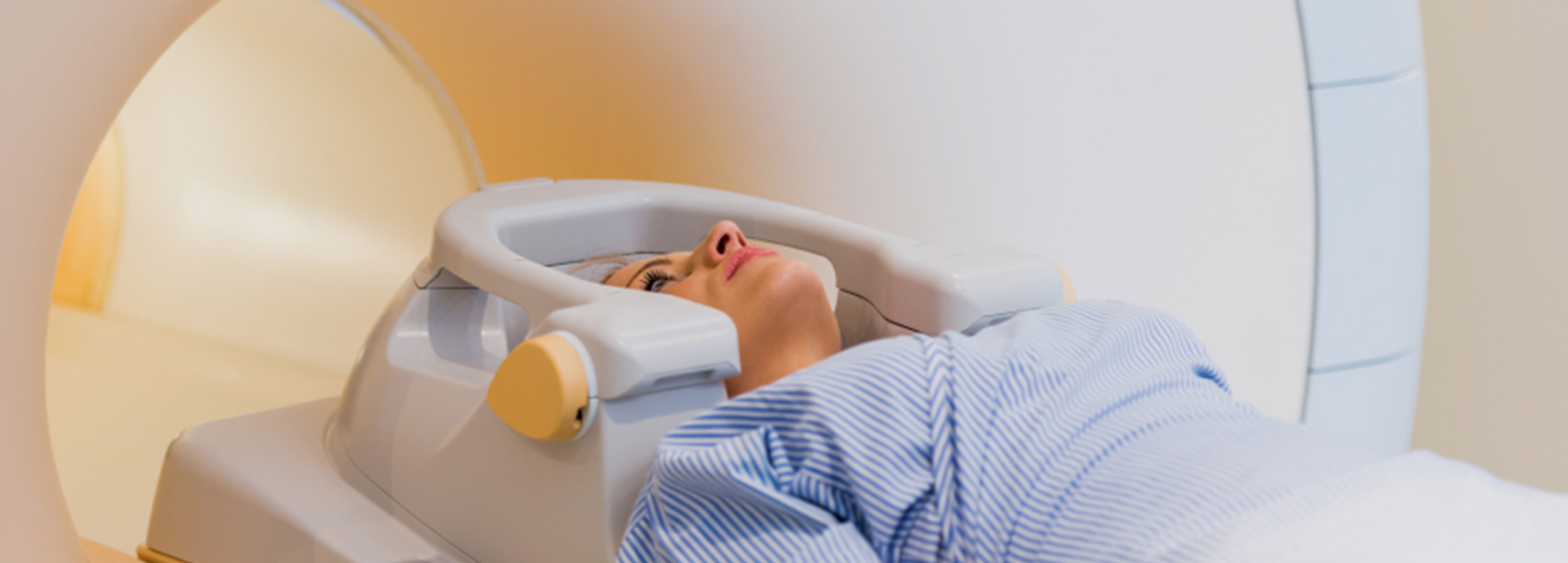The short answer to this question in our case is yes, all Allianz Worldwide Care core plans cover in-patient, day patient and out-patient oncology treatment.
What cancer cover do I need when looking for international health insurance?
Diagnosis
Treatment
Hair Loss
What can I do to help prevent cancer?
Smoking
Exposure to the sun
It can cause various forms of melanomas on the skin. In many parts of the world this is the most common form of cancer. It’s of particular concern if you are taking out International Health Insurance to move to a country that may be significantly hotter than the country you currently live in.
The best way to reduce your chances of developing skin cancer of any kind is:
- Always wear high factor sun screen (factor 30 and above)
- Stay out of the sun during the hottest part of the day (this can vary from country to country)
- Cover up with long sleeves
- Always wear a hat to protect your head and face
It is thought extra hormones produced by fat cells in your body can contribute to the growth of cancer cells. It is important to eat well to maintain a healthy body weight, exercise regularly and limit our intake of red meat.
Following these steps in no way guarantees you will avoid cancer while you are abroad which is why it is really important your expat medical insurance covers you no matter what happens.
If you are not sure which option is right for you, contact us, our multi-lingual team of experts are happy to help.
Read our guide on choosing an international health insurance plan


